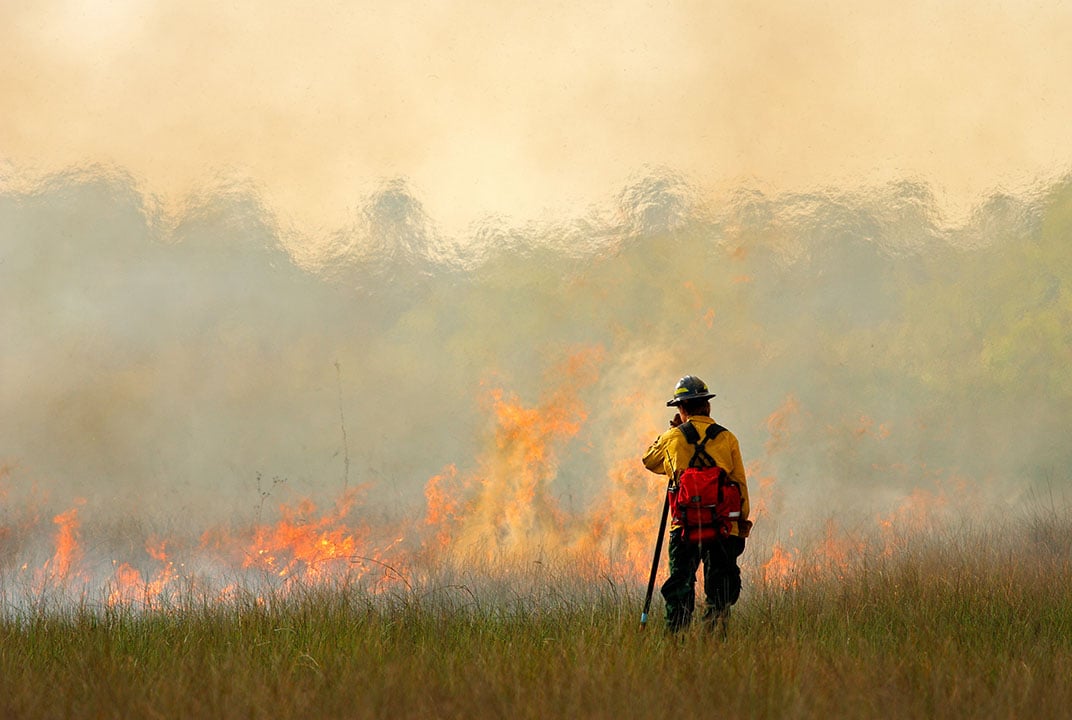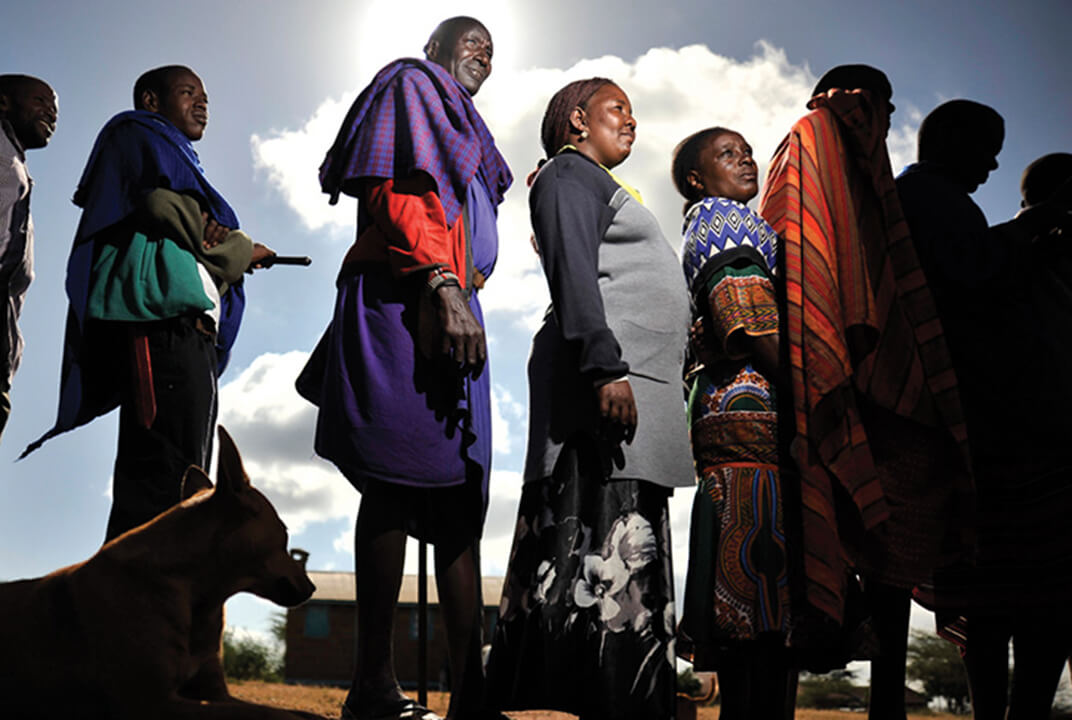Insight | Case study: Supporting sustainable development in the Amazon through reliable connectivity
Case study: Supporting sustainable development in the Amazon through reliable connectivity
null
Inmarsat and the Amazon Charitable Trust join forces to help remote communities in the Amazon tackle the connectivity gap
Since 2009, The Amazon Charitable Trust (ACT) has been protecting 581,000 hectares of the Amazon rainforest. Providing support to 14 river-dwelling communities from the extractive reserve (RESEX) of the lower Rio Branco Jauaperi, the Trust aims to help remote communities here become more self-sufficient and preserve their natural resources.
Additionally, it is committed to designing and delivering a centre of excellence for research and education in the region by partnering with research institutions and private sector organisations to create solutions to support the area's sustainable development.
Everything ACT does stems from the idea that to conserve the forest, they must improve the socioeconomics of the local population, which has one of the lowest human development indices in Brazil. By helping the traditional population find sustainable alternative incomes, the charity helps keep the forest intact.
Related services
Read the case study
The Challenge
As the extractive reserve of the lower Rio Branco Jauaperi, is only accessible via boat, the Jauaperi river is the locals’ lifeline for food and equipment supplies. It also connects communities by serving as their highway. For some, such as the river-dweller community of Xixuau, journeys to the nearest city, Novo Airão (200km away), take more than a day of travel to reach.
With technical breakdowns and extreme weather conditions being prominent in the region – and with boats venturing here at risk of pirate attack – reliable connectivity is essential for those travelling this remote route. Being off grid also creates difficulties for local nurses wanting to stay in contact with hospitals or emergency services while on the river. Outreach workers and researchers studying the environment here also need to stay in touch to do their work accurately and safely.
The Solution
To support ACT’s initiatives in the region, Inmarsat partnered with them in 2019 to supply two IsatPhone 2 satellite phones. The hardware meant riverboat travellers could communicate in real-time with communities along the Jauaperi river.
The IsatPhone 2 has unique features, including reliable connectivity with 99.9% uptime and is engineered to withstand the most extreme weather conditions from -20°C to +55°C – as well as being dust, splash, and shock-resistant.
The initial objective of the partnership was to support a university exploration journey to the region between ACT, the University of Southampton, the Federal University of Amazonas, and the Institute of Amazon Research.
The Results
As part of the initial project, the Inmarsat satellite phones were used by students from the University of Southampton, the Federal University of Amazonas, and the Institute of Amazon Research (IPAM) during a drone development project in the region. The phones ensured the safety and security of students and ACT workers against technical breakdown, extreme weather and piracy.
Throughout the pandemic, the satellite phones were instrumental in supporting ACT’s logistical achievements – facilitating the delivery of food essentials and medical aid for the communities. Access to highly dependable connectivity coverage on the Jauaperi river enabled the trust to expand its COVID-19 outreach efforts from more than 100 families in the region, to reach 250 families throughout 2020-2021 – providing them with food and other essentials worth £25,000.
This emergency operation during the pandemic provided immediate relief for 2,000 people at risk of going hungry. It also reduced the likelihood that people would venture to cities in search of food and transmit the virus in the process. The vital food assistance meant the region avoided the worst of the health crisis, enabling it to recover better.
At the end of 2021, coverage from IsatPhone 2 supported ACT and the Institute of Amazon Research (INPA) as they set out on the first largescale scientific expedition in the RESEX of the Baixo Rio Branco Jauaperi. Called Amazon Biodiversity Carbon, the expedition is part of a five-year research project – financed by the Norwegian University of Life Science. It will cover 12 major river basins and 9 states of the Brazilian Amazon to uncover unprecedented data on the biodiversity and ecosystem of the Amazon. The connectivity on the river supplied by Inmarsat's IsatPhone 2 was a critical security asset for the largescale multidisciplinary team of researchers who spent 15 days in Xixuaú Amazon Ecolodge.
Robert Pasley-Tyler, managing trustee of the Amazon Charitable Trust, said: “Our partnership with Inmarsat has been instrumental in providing logistical support on the Jauaperi river – from COVID-19 response efforts to supporting research activity. With Inmarsat’s support, we have overcome the obstacles of limited connectivity and communications to serve hundreds of families with resources and strengthen delivery operations on the Jauaperi river.”


